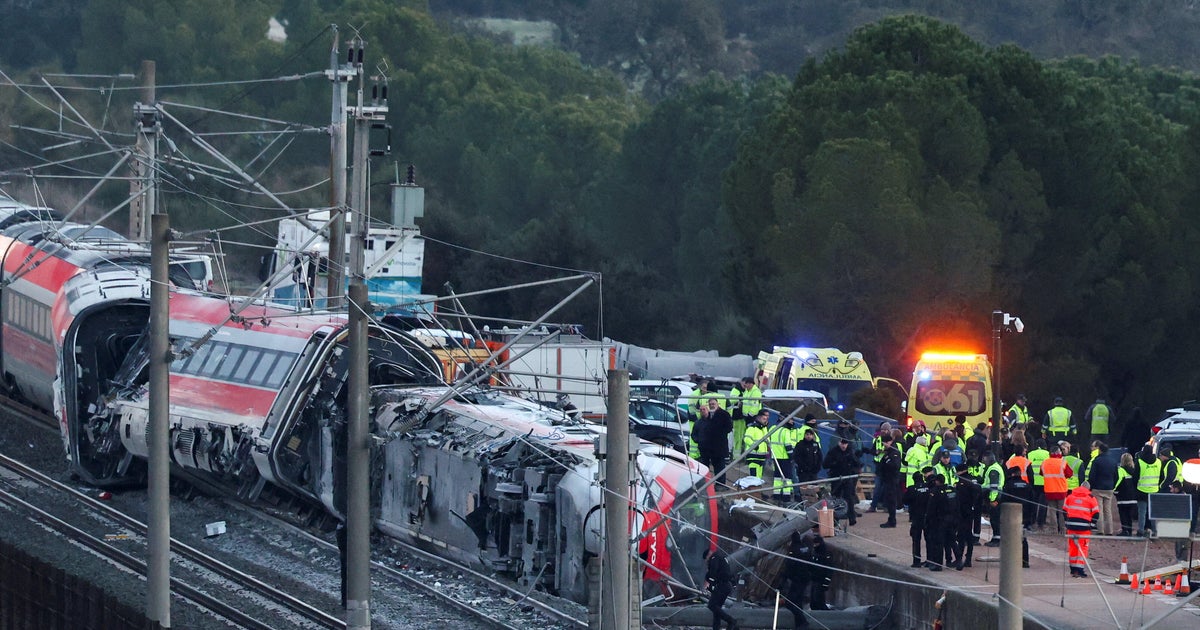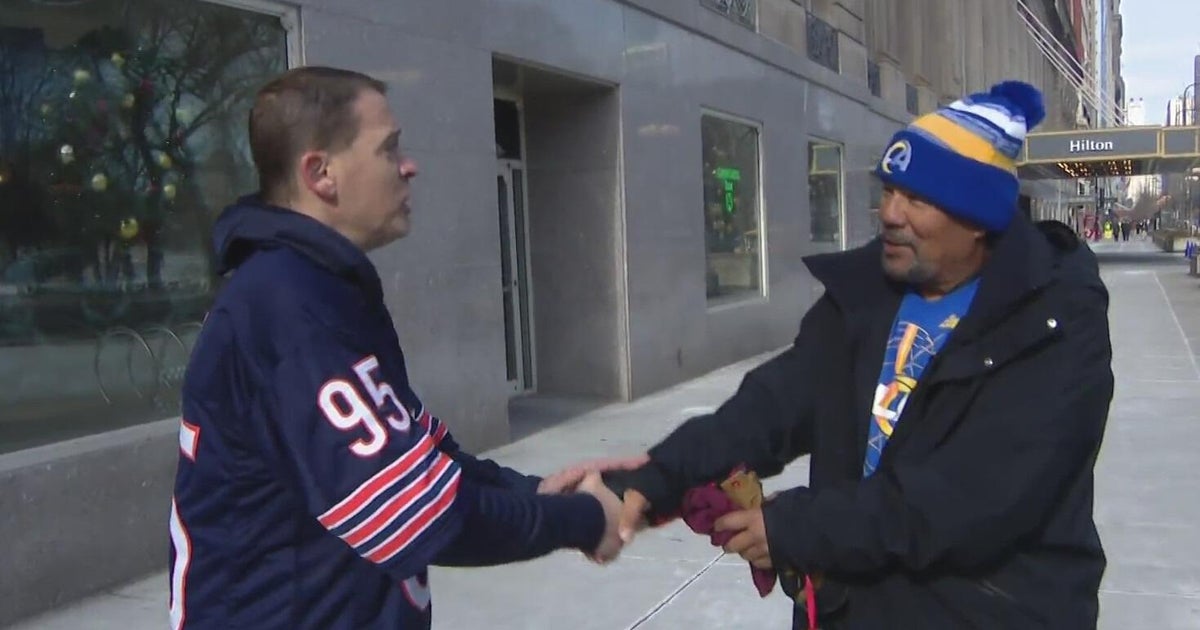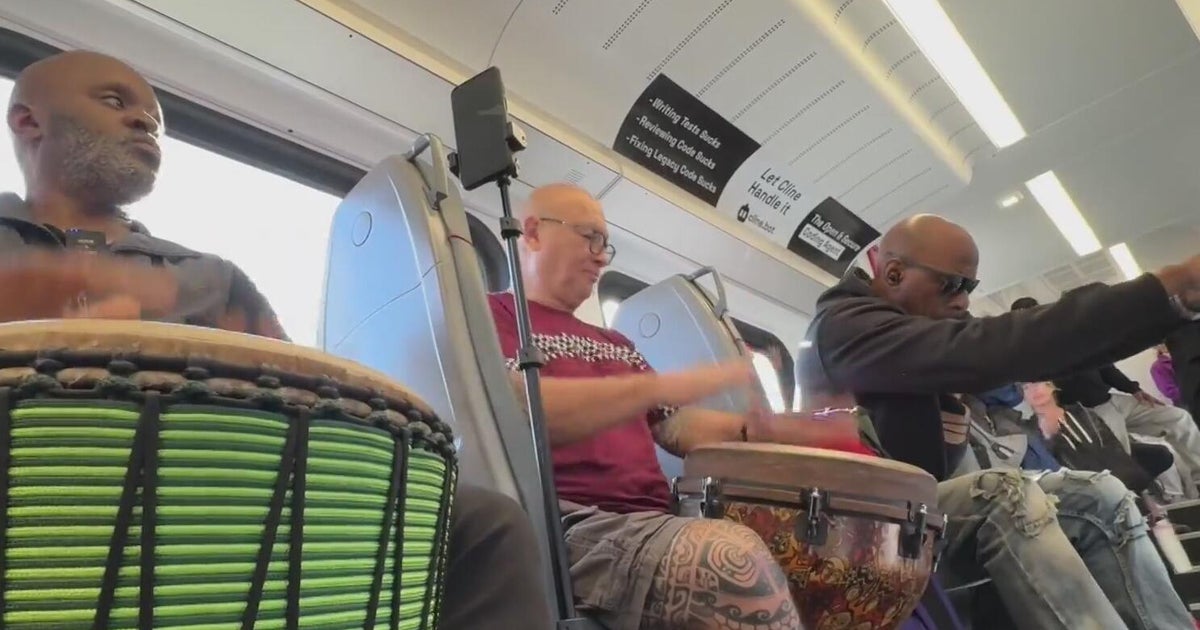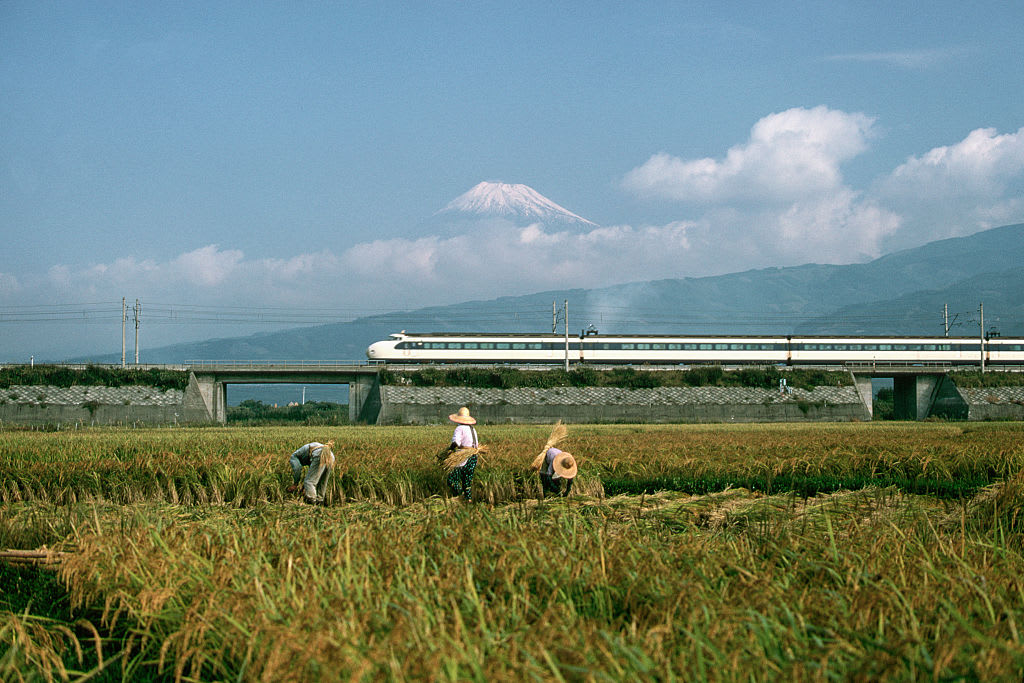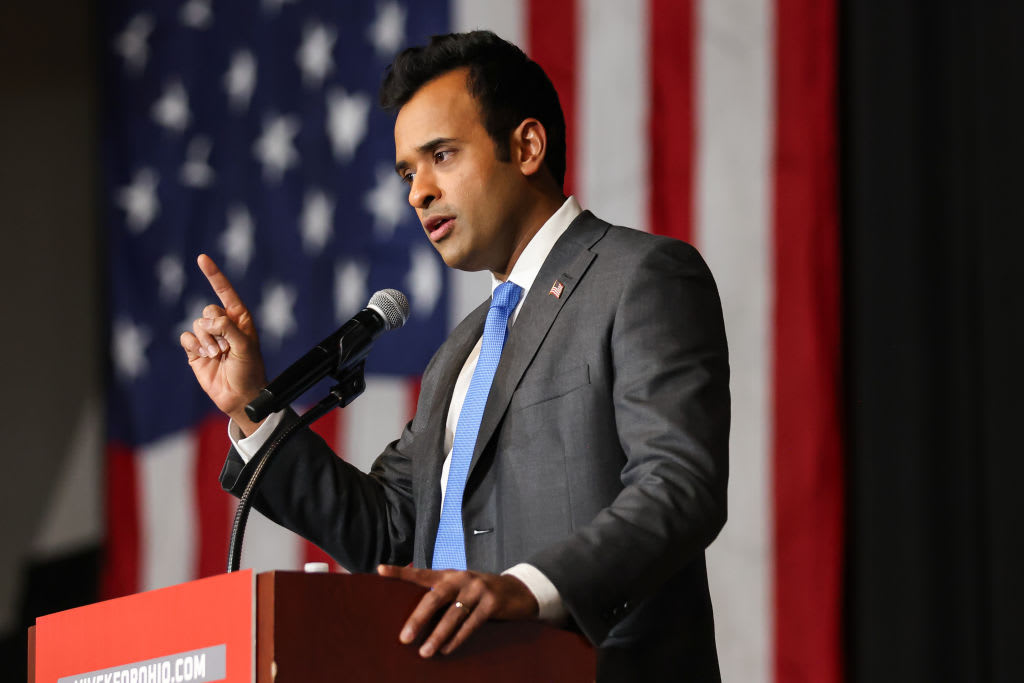USA Track & Field team reportedly cancels pre-Olympic training in Japan over COVID concerns
Tokyo — Japanese media reported on Wednesday that the USA Track & Field team had canceled its pre-Olympic training camp in Japan. The apparent move, which the U.S. Olympic team didn't immediately confirm, came as Japan extended its third official state of emergency over the coronavirus pandemic.
Three cities in Chiba Prefecture were scheduled to host about 120 American competitors in July for training ahead of the Games' opening ceremony on July 23.
Chiba Prefecture Governor Toshihito Kumagai called the cancellation, which he said had been driven by concern for athlete safety, "unfortunate," but added that "given the current situation, I think USA Track decided this was the best course of action."
Britain's Paralympic wheelchair basketball team and the Russian fencing team have also cancelled plans to hold training camps in Chiba.
The number of severe COVID-19 cases in Japan hit a record 1,189 on Wednesday, as the country endures a fourth wave of infections.
Japan has seen just under 700,000 cases since the pandemic began, with about 11,000 deaths.
Although the pace of vaccinations has started to pick up, Japan has been notably slow to get shots into arms, with not even frontline health care workers fully vaccinated yet, and seniors only just starting to get shots.
With that backdrop, a majority of the Japanese population believe the Games should be delayed again — or cancelled altogether.
The public concern has also left some major corporate sponsors "conflicted." A senior executive of Toyota Motor Corp, one of those sponsors, told shareholders and media on a Wednesday earnings call that it broke Toyota's heart "to see public discontent aimed at athletes," according to the Reuters news agency.
"To be honest, we are conflicted every day over what the best course of action is," said the automaker's operating officer, Jun Nagata.
If the leaders of Tokyo's Olympic planning committee or the International Olympic Committee are also conflicted, they've done their best not to show it — remaining adamant that they can pull off a safe, if considerably more restricted, Summer Games.
